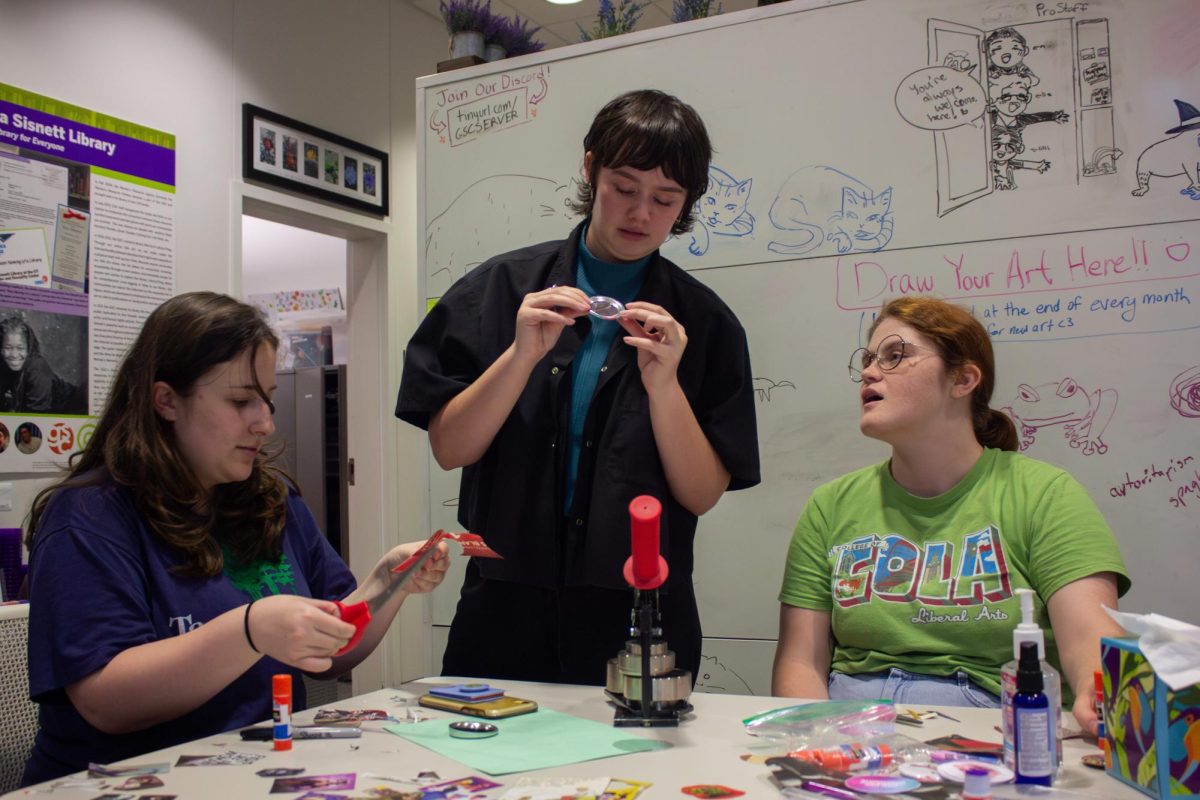Tender love and care are on the minds of most students as Valentine’s Day slowly approaches like a brewing hurricane. Everyone knows it, and no matter how hard some may try to ignore the holiday, it’s pretty impossible to avoid the love paraphernalia and cheer thrown in people’s faces as the day looms closer and closer.
While everyone feels the spirit of Valentine’s Day, little is known about the actual origins of the much-loved holiday. Medieval literature professor Elizabeth Scala, who has conducted research into romantic literature, said she knows some of the popular legends that cloud the origins of the holiday.
Scala said love initially became associated with Saint Valentine because he was a Roman bishop who somehow gave a dispensation to Roman soldiers who wanted to get married. On the other hand, she said there’s no actual historical basis for this legend, and most of the customs that we associate with the holiday came around in the 18th century.
Scala’s theory on how Valentine’s Day originated has to do with Geoffrey Chaucer’s poem, “The Parliament of Fowls,” in which different species of birds gather to choose their romantic mates on the holiday.
“His is the first reference to it in circa 1381,” Scala said. “There’s subsequent poetry (which) talks about love and Valentine’s in the next hundred years after Chaucer.”
With Valentine’s Day approaching, English professor Marjorie Woods said the conversation about love and women throughout history is an important one. Woods holds a research seminar that looks at Sappho, Heloise and Dido, who were interpreted purely through the values of love, as all of them made enormous sacrifices for love.
“I’m someone who feels strongly,” Woods said. “So, I do think about how much am I willing to give up for love.”
Woods said she frequently encourages students to think about love and their own relationship to love in her class. She said she thinks Valentine’s Day is a chance to pause and really acknowledge your own thoughts and feelings in a good way.
“I don’t think your life has to directly coincide with Valentine’s Day,” Woods said. “Thinking about Valentine’s gives you the chance to think ‘well I do care about this person’ and if it gives you a chance to be thoughtful and recognize emotions, it’s good.”
International relations junior Mollie Becker agreed with Woods’ sentiment. Becker said she celebrates Valentine’s Day whether she’s committed or single, and she thinks many of her friends feel the same way, but she knows that may not be the feelings of the general student population.
“I think most people think you have to be in a relationship or have someone you’re talking to, otherwise you’re lame,” Becker said. “But I think it can be whatever you want to make of it.”
For singles out there who may be feeling lonesome this Valentine’s Day, Scala said there’s always hope for next year. Chaucer’s poem ends with the queenly female eagle on her own because she cannot decide between the suitors who compete for her heart, so she is given another year to discover who she truly loves in her heart.
However, singles don’t just have to wait until next year to find love. Becker said Valentine’s Day isn’t just about romantic love, but also for celebrating love for yourself and for your friends, which makes the holiday all the more exciting.
“Love is fun,” Becker said. “And there’s always cheap chocolate the day after.”





















